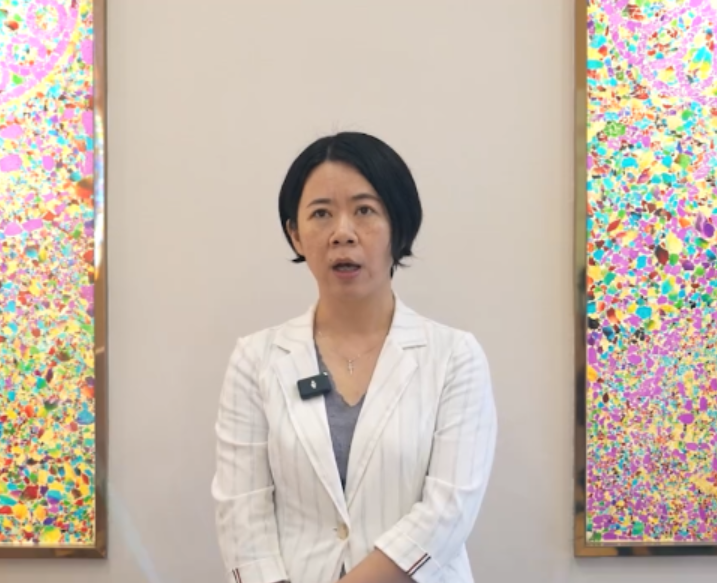An online psychological lecture was held in a church in Guangdong to help believers with mental problems under the pandemic.
On November 23rd, the Zion Church in Guangzhou opened a lecture entitled "What Can We Do in the Face of Adversity? Psychological Adjustment and Repair Under Pandemic”. The speaker, Chen Yulin, is a graduate student in psychology major at the University of Hong Kong and a certified psychological counselor and corporate coach.
Chen reflected on the trauma caused by the pandemic in recent three years, its impact, and the adjusting and repairing method.
First of all, Chen pointed out that we are all experiencing "adversity" in four aspects: vulnerability, anxiety, nonlinearity (no causal relationship between things), and incomprehension (too much information to analyze).
In the face of these "adversities", Chen elaborated on three aspects to deal with them: personal resources, social resources, and spiritual resources.
Personal resources refer to our adjusting ability, social resources refer to our friends, family, and colleagues who can provide help, and spiritual resources refer to spiritual practices, like reading scriptures and praying every day can encourage and comfort us when we are depressed and desperate.
Then Chen shared that the pandemic will pass sooner or later, but the trauma experienced during this period, if not repaired in time, will have a long-lasting effect on us, and we need to take precautions.
She mentioned people will experience four changes in the pandemic: anxiety, antagonism, decadence, and loneliness.
I. Anxiety: fear of uncertainty
Chen said that there is no need to worry about anxiety that is within a certain degree and told the audience to accept it. Later, she shared two tips to deal with anxiety.
1. Distinguish things we can control from things we can't.
For things we can control, try our best to do; for things we can't control, learn to let them go since it is useless to worry. If you focus on things you cannot control, you will be seriously anxious; while on things you can control, your anxiety will be reduced. "If you are still angry about the uncontrollable events, you can try, and put it down if you cannot make it and tell yourself that you have done your best." Chen thinks it's helpful to do so.
2. Cultivate the ability to live in the present.
What we are anxious about often does not happen at all. We should focus on what we can do. Chen listed that we could go to nature and feel the breeze, write and draw, or develop a skill, which can help us relieve anxiety and live in the present.
She also shared that taking a deep breath to relax can help us get our attention back to the present.
II. Confrontation: dissatisfaction and anger with the current situation
After three years of the pandemic, we feel irritable, dissatisfied, and angry with people around us, which is normal. But we should distinguish dissatisfaction from anger. You can be dissatisfied with the unfair things, but anger could make you lose your mind, and fail to solve the problem satisfactorily, which could hurt you in the end.
Solution: Chen took a pregnant woman as an example. She often takes the initiative to communicate her situation with community workers and ask for help. In this way, she could be on the same side not the opposite with those who could help and solve her problem.
III. Decadence: lowering or giving up goals
Under the pandemic, people can easily give up their goals when they are hindered everywhere. Many people have nothing to do at home but playing mobile phone, stay up and get up late. It's easy for them to fall into a decadent mood, with no sense of meaning and existence. This could lead to depression if left unchecked.
IV. Loneliness: self-protection caused by fear
During the pandemic, we reduce connection with others and confine ourselves at home, which is a mechanism for self-protection. But we should know that one day we still need to go outside. After the quarantine is lifted, you should be brave enough to contact others and don't be afraid of it. Chen shared that many people she had coached recognized the importance of people around them because of the pandemic." Social communication is an important resource for us to cope with adversity." Chen stressed again.
- Translated by Oliver Zuo











